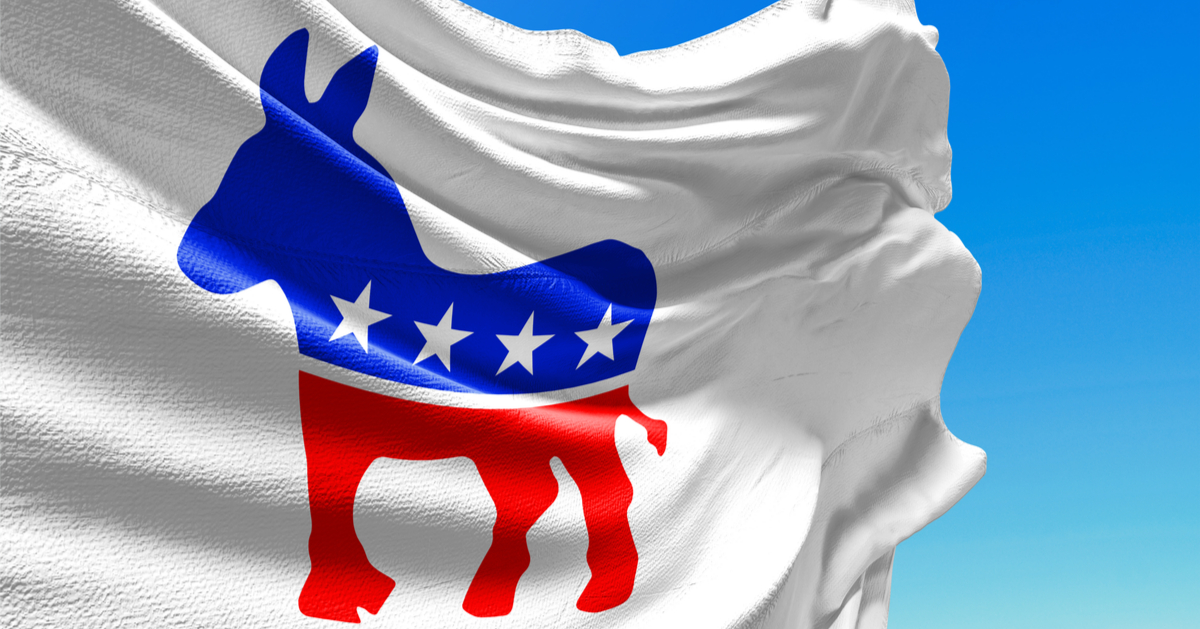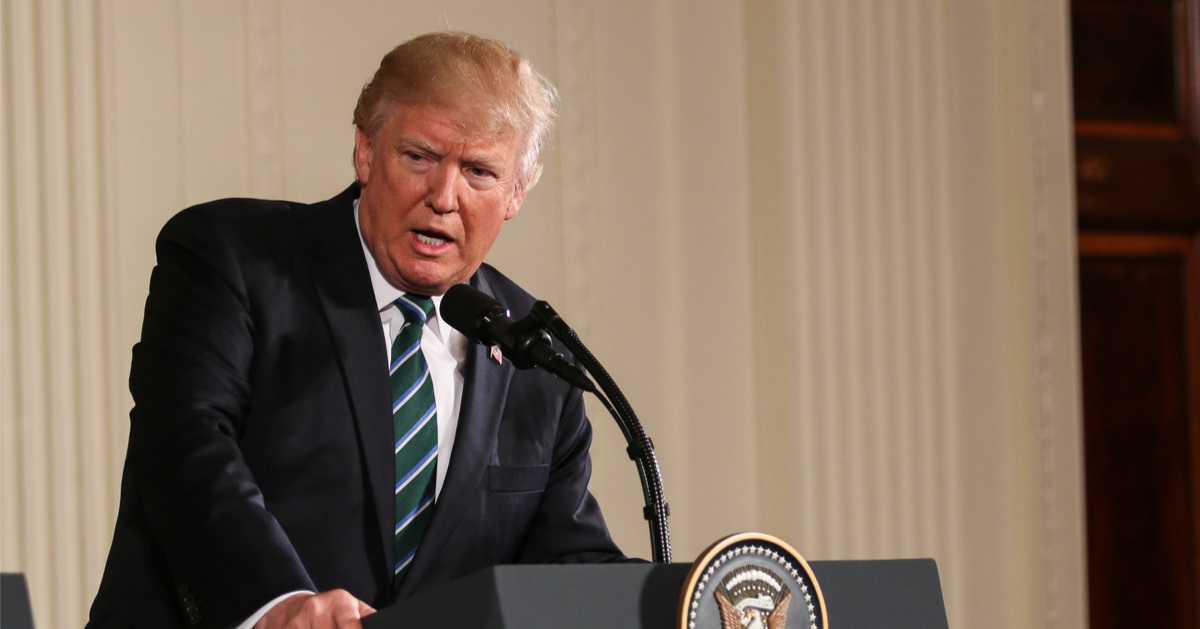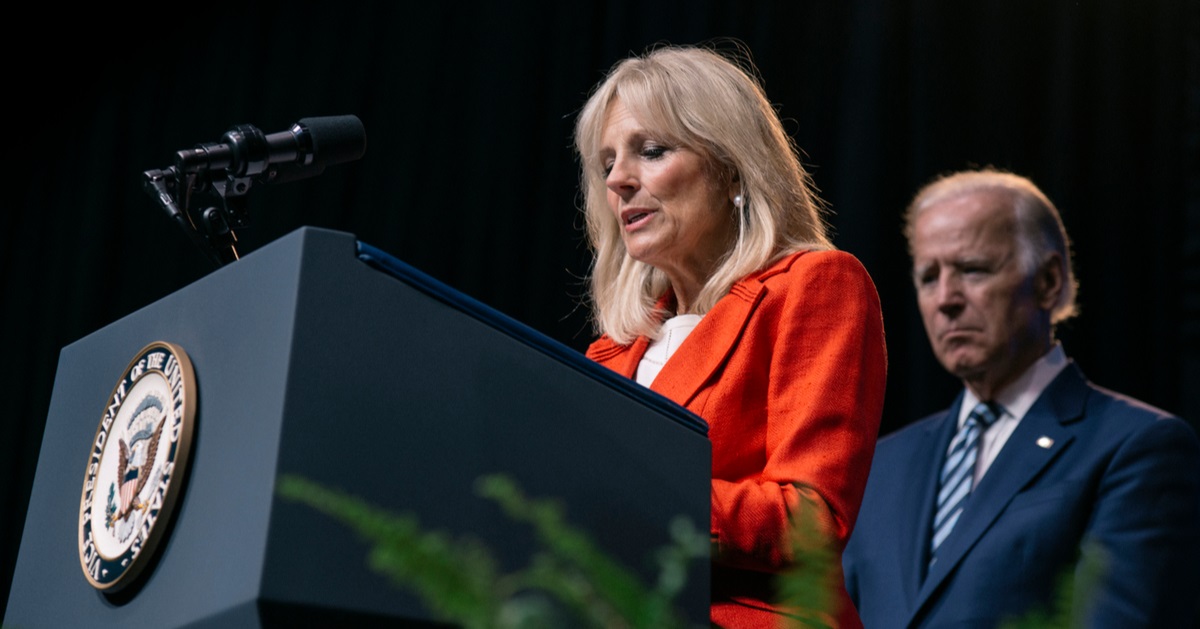Biden signs NDAA into law, makes no mention of provision to end military's COVID vaccine mandate
Tucked away inside the 2023 National Defense Authorization Act was a provision that ends the Defense Department's COVID-19 vaccine mandate for all U.S. military service members, whether on active duty, in the Reserve, or in the state-level National Guard.
Perhaps unsurprisingly, President Joe Biden on Friday signed into law the NDAA that provides funding for the military for the coming year, the Tampa Free Press reported.
What was surprising, though, was that even as Biden was critical of certain provisions included in the NDAA, the one that ended the COVID-19 vaccine mandate was not among those that were mentioned.
Bill signed into law
The 4,408-page 2023 NDAA provides approximately $848 billion in funding -- roughly $45 billion more than President Biden had requested -- for the Defense Department, Energy Department, Homeland Security, the Intelligence community, and Department of State.
A press release on Friday announced that Biden had signed the bill into law and expressed his gratitude toward the bipartisan members of the House and Senate who had worked together to get the bill put together and passed by both chambers.
Per that release, the NDAA authorizes funding for "Department of Defense programs and military construction, Department of Energy national security programs, and Intelligence programs; specifies a military basic pay increase and other authorities relating to the U.S. Armed Forces; authorizes appropriations for the Department of State, Department of Homeland Security, Maritime Administration, U.S. Coast Guard, and the Intelligence Community; and other matters."
Biden has some "concerns"
In addition to that press release, the White House also issued a statement from President Biden that highlighted what he liked about the NDAA as well as items of concern for him that nonetheless fell short of compelling him to veto the bill over his objections.
"The Act provides vital benefits and enhances access to justice for military personnel and their families, and includes critical authorities to support our country’s national defense, foreign affairs, and homeland security," Biden said. "While I am pleased to support these critical objectives, I note that certain provisions of the Act raise concerns."
As previously noted, though, the congressionally forced end to the military's controversial COVID-19 vaccine mandate, which Biden has staunchly supported, was not mentioned among those raised "concerns."
What Biden did express concern over, first and foremost, were provisions that limit and prohibit him from transferring detainees out of Guantanamo Bay or closing down that detention facility altogether.
He was also critical of what he deemed to be several potentially "unconstitutional" provisions that expand congressional oversight of the executive branch, pertaining particularly to the military and intelligence services and even the White House in terms of executive orders and presidential communications.
Biden also took issues with provisions that he believed limited his ability to publicly express the nation's foreign policies, with congressional directions on diplomatic facilities in foreign nations, and with mandated "information-sharing agreements" between the legislative and executive branches on cybersecurity and counterintelligence matters.
A victory, but not yet the end of the battle
The fact that President Biden not only signed into law the NDAA with its provision to end the military's COVID-19 vaccine mandate, and did so without public complaint, is a huge victory for those who have opposed that mandate from the beginning.
The fight is not over yet, however, as the next step will likely be passing legislation to reinstate with backpay the several thousand service members who have already been discharged from the military for refusing to receive the previously mandatory COVID vaccine.






